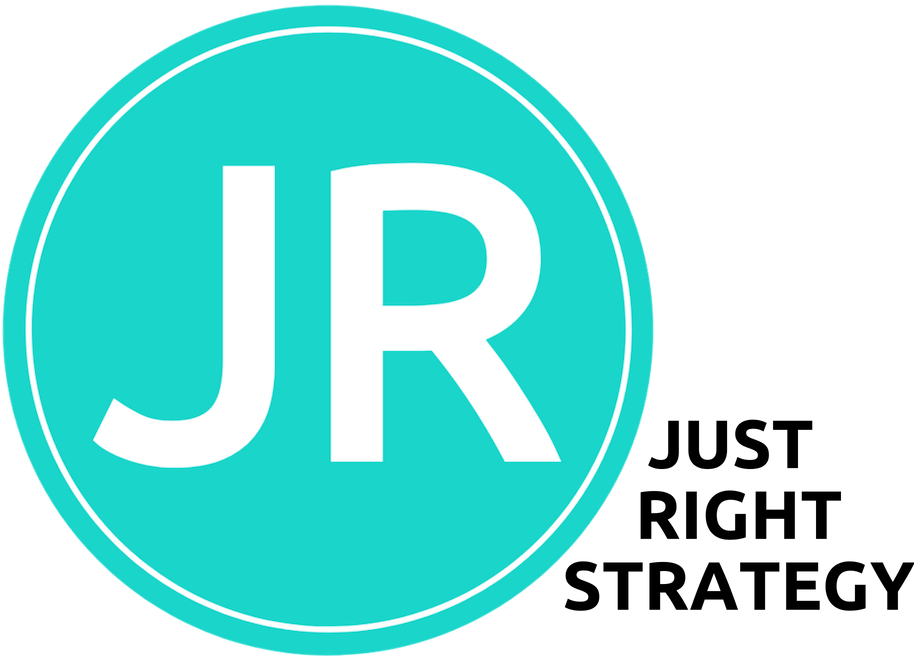"Forced" Twitter Use
Here I go again... Talking about Twitter. But I just got involved in a really interesting conversation on Twitter that I think is worth bringing to this blog (Thanks to Scott Hepburn's encouragement). I've been on Twitter a while -- I obviously blog and speak about it a bunch. I also like to share how to use it as a journalist. I haven't mastered all of the answers. But I do think a personal relationship with your followers on Twitter helps you gain a personal relationship with people who live in your news market. If you're transparent, you can gain story ideas, access to developing news and a way people know they can reach you. The Twitter talk has grown recently at the Missouri School of Journalism. I've added it to my class. I encourage my students to get their own personal account to start playing around in there. They have a new outlet to build a personal online identity as they get closer to entering the job arena. I also ask them to use it by keeping up with what people are saying who follow KOMU and use it to post information about what we're covering or post breaking news.
I started going on a rant on Twitter about student journalists who get forced to use the site. I saw a number of new members of Twitter who followed me recently complaining that they'd been forced to use Twitter. And I guess I got all up in arms because I worry about reporters who start using Twitter because they "have" to. That leads to situations like when a news reporter tweeted during a 3-year-old's funeral. He could have made that work if he had been more sensitive. But if you read the posts, you realize that he didn't understand the personal conversation you have using this tool.
The conversation went on and on. Somehow I even got Ana Marie Cox - formerly of Wonkette - to tell me she found Twitter on her own and was never forced to use it. My little rant got a lot of people talking about why should journalists be on Twitter (I've ranted on that before) and is it right or wrong to get forced into it. Then a number of people started sharing great tips. Howard Rheingold shared his favorite links about twitter. Cecelia Hanley shared her experiences: "@jenleereeves I usually use @gazettefood for work related tweets, and I follow other bloggers & papers. Great way to spot trends to localize." Jenn Jarvis over at KWWL-TV said she joined Twitter to be able to reach lawmakers. Twitter seemed to be the only way to reach them when they were in session. Many, many others talked about how Twitter is a great tool to help boost your career or get your name out there.
Some professors told me how they are "forcing" their students to tweet... And it seems to be working out fine. My husband (@newsmonkey8 on Twitter) says I'm worrying about something that is just plain silly to worry about. But I'm just going to say this before we keep this conversation rolling: Twitter is a wonderful tool for journalists as long as we use it responsibly. If enough newsrooms force reporters, producers, editors and managers to use the tool without really understanding its potential, Twitter users will turn away from us. They will ignore us. For now, journalists can offer an insider view of the news on Twitter. I would love to keep that excitement rolling.
